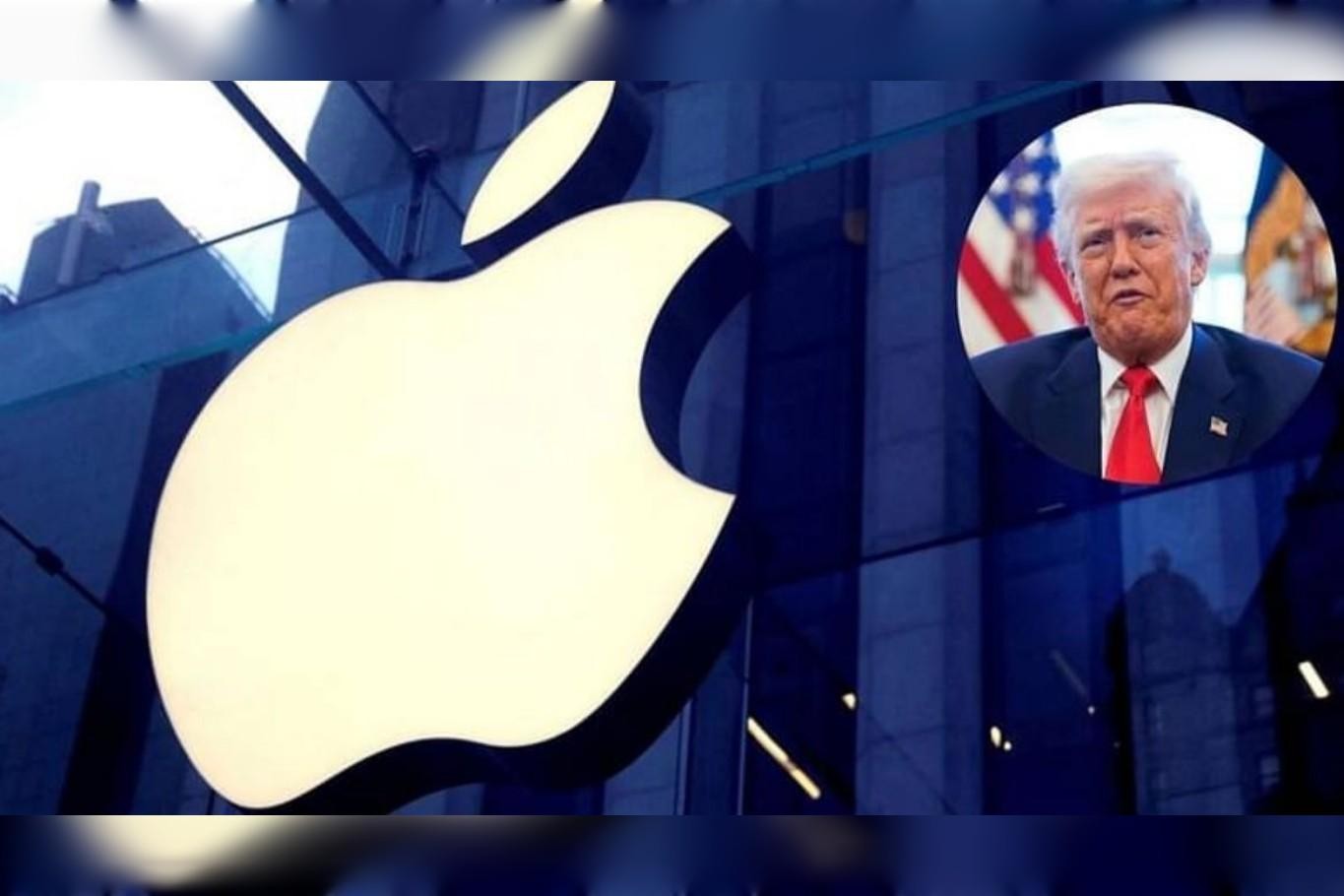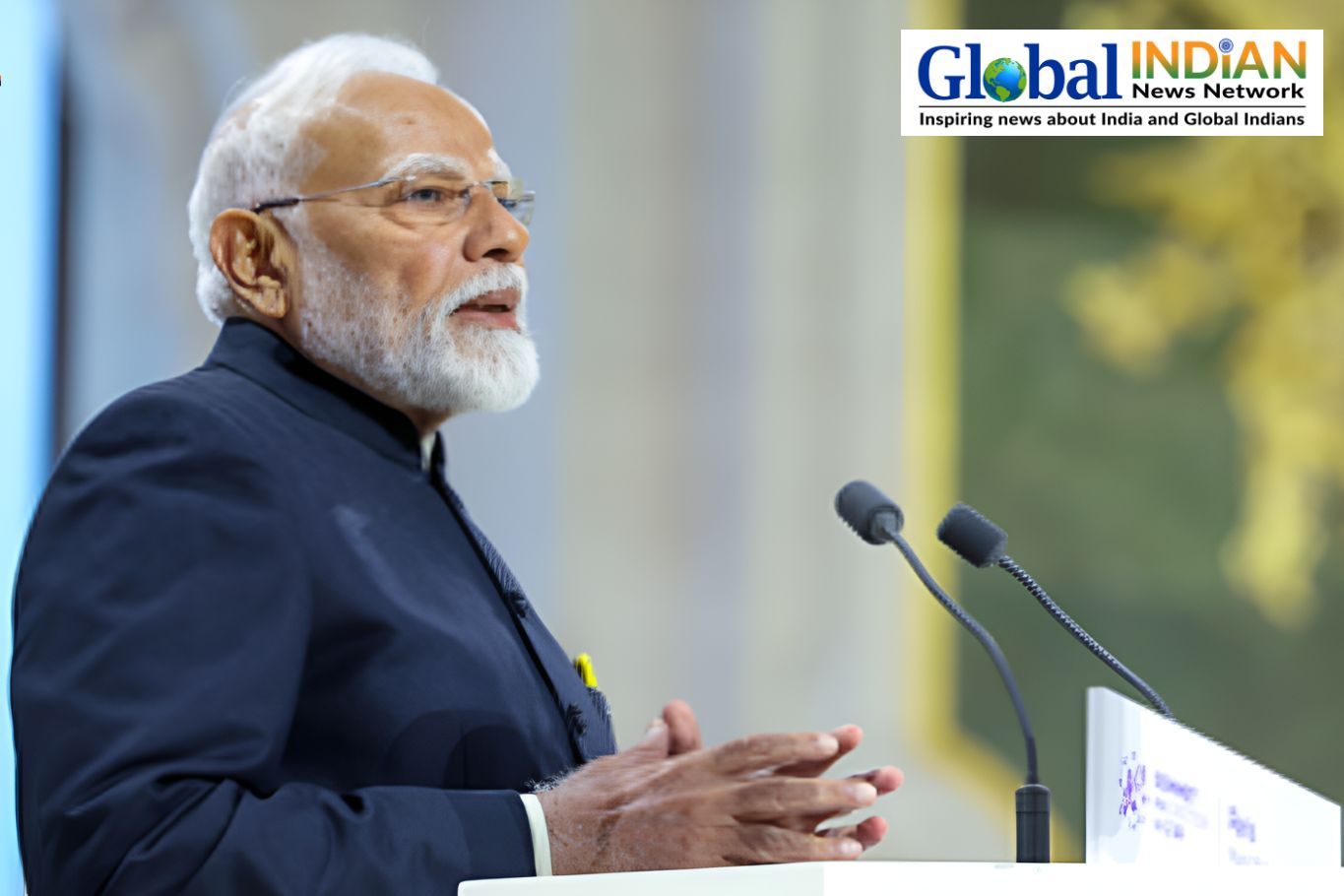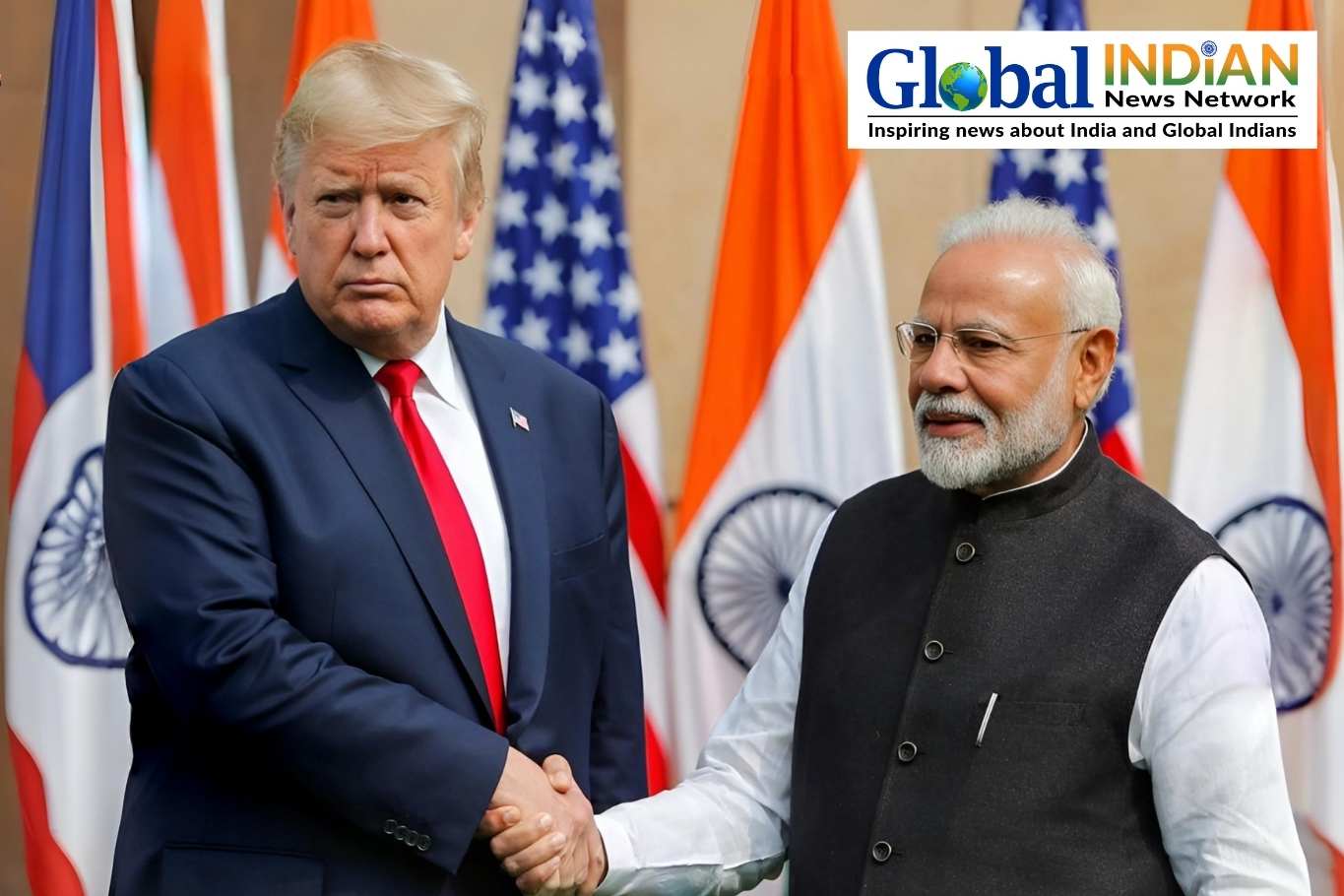
Apple, in a strategic move to shield its iPhone sales from rising U.S. tariffs on Chinese imports, transported nearly 1.5 million iPhones—about 600 tons—via cargo flights from India to the United States. Sources revealed this initiative was part of Apple’s broader effort to diversify its manufacturing and avoid the steep 125% tariff on Chinese goods under then-President Donald Trump’s trade policy.
To streamline the transition, Apple collaborated with Indian authorities to fast-track customs clearance procedures in Chennai. A streamlined “green corridor” initiative cut clearance times drastically—from 30 hours to just six. This mirrored the model Apple already uses in select Chinese airports, enabling swift movement of high-value cargo. Six cargo flights, each capable of carrying 100 tons, have been dispatched since March—one even aligning with the activation of new tariff rules.
With each iPhone and cable weighing roughly 12.35 ounces, the 600-ton shipment translates to an estimated 1.5 million devices. Apple aimed to build up inventory in the US as a precaution, especially since it sells over 220 million iPhones globally each year. Analysts warned that with a 125% tariff, high-end iPhones could jump from $1,599 to $2,300 in price if imported from China.
In anticipation, Apple significantly scaled up manufacturing in India. Foxconn’s Chennai plant, a major contributor, ramped up its weekly output by adding Sunday shifts—breaking from the usual weekly schedule. Last year, the factory manufactured 20 million iPhones, including both iPhone 15 and iPhone 16 models.
Apple’s decision wasn’t just about tariffs; it’s part of a longer-term plan to reduce dependence on China. With India emerging as a crucial production hub, Apple now operates three manufacturing facilities through partners Foxconn and Tata, with two more under construction.
To support this shift, India’s central government reportedly backed Apple’s logistics setup, which took about eight months to fully implement. This support helped Foxconn boost its US-bound shipments from $110–$331 million in late 2024 to $770 million in January and $643 million in February 2025. Most of these deliveries were received in cities like Chicago, LA, New York, and San Francisco.
Apple and Foxconn both declined to comment on the logistics, but insiders note the strategy marks a key milestone in Apple’s move to balance trade risks and scale up in emerging markets.









